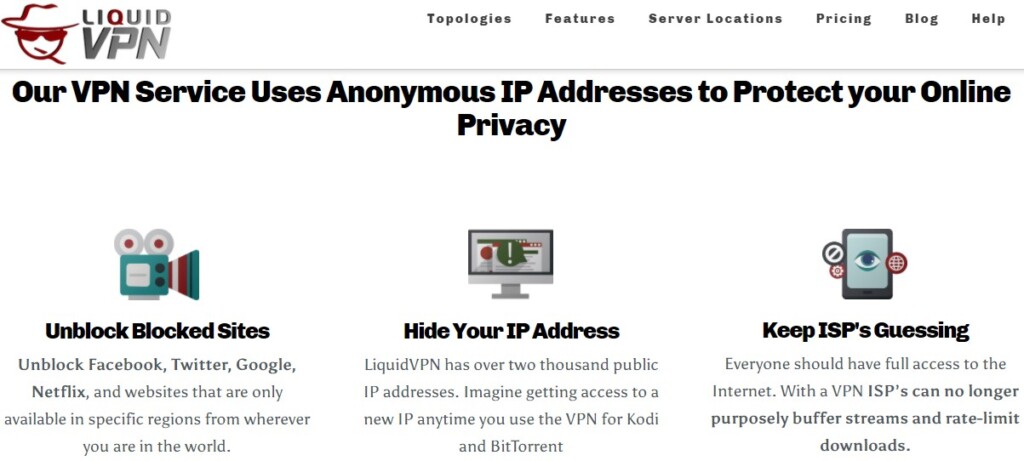
‘LiquidVPN’ Sued for Piracy Facilitation by ‘Hunter Killer’ Studio
- ‘LiquidVPN’ finds legal trouble from rightsholders for promoting its use with Popcorn Time and Showbox.
- The service specifically mentioned safety precautions to keep pirates anonymous on the official website.
- The plaintiffs are now asking for a series of aggressive anti-piracy measures and also a hefty compensation.
A group of filmmakers, including "Voltage Pictures," "Voltage Holdings," and "Millennium Funding," submitted a lawsuit against "LiquidVPN," accusing a past owner of the internet product of encouraging and facilitating piracy. The plaintiffs are naming David Cox, his company SMR Hosting, and up to 100 Does, accusing them of direct and also contributory copyright infringement, multiple DMCA violations, and unlawful and tortious acts with full knowledge in relation to the associated jurisdiction.
The film studios maintain that Cox, who was operating LiquidVPN until early 2019 (sold it to a Puerto Rican company), was actually promoting the product as a way to access Popcorn Time and Showbox without finding legal trouble. The website of LiquidVPN specifically stated that based on existing laws in the UK and other countries, enjoying streaming media through these apps can incur up to 10 years in prison, but using LiquidVPN can help you “keep the fun times popping.”
Also, on the torrent aspect, LiquidVPN underlined that torrenting through it is anonymous and safe, and the platform is a “DMCA Free Zone.” The relevant part went on to ensure users that none of their potential identification details is collected by the service and that DNS leaks are actively blocked by the VPN so there can be no unmasking of the real IP.
The new company created by Cox is characterized as the alter-ego of what LiquidVPN used to be, promoting itself on a set of similar arguments, but without clearly mentioning piracy-related stuff. The plaintiffs would still like to see it gone, though - asking the court to block LiquidVPN’s and SMR Hosting’s BitTorrent protocol support, enforce the adoption of a policy that treats copyright infringement by subscribers strictly, block subscribers from accessing known piracy portals, and remove all piracy-encouraging statements for the official websites.
Additionally, the movie-making studios request the court to consider awarding them statutory damages of $150,000 for each work and $25,000 for DMCA violations. Attorney fees and judiciary costs are also included in the prayer for relief section.
This is an interesting case because LiquidVPN is finding trouble for advertising something that is commonly reaped by users of a wide range of VPN services. Other major VPN products can still be potentially used as piracy-enablers and anonymizers, and they are largely used as such. However, these providers choose to focus their marketing arguments around their privacy-boosting and anti-censorship features, not their IPTV streaming and torrenting potential.










